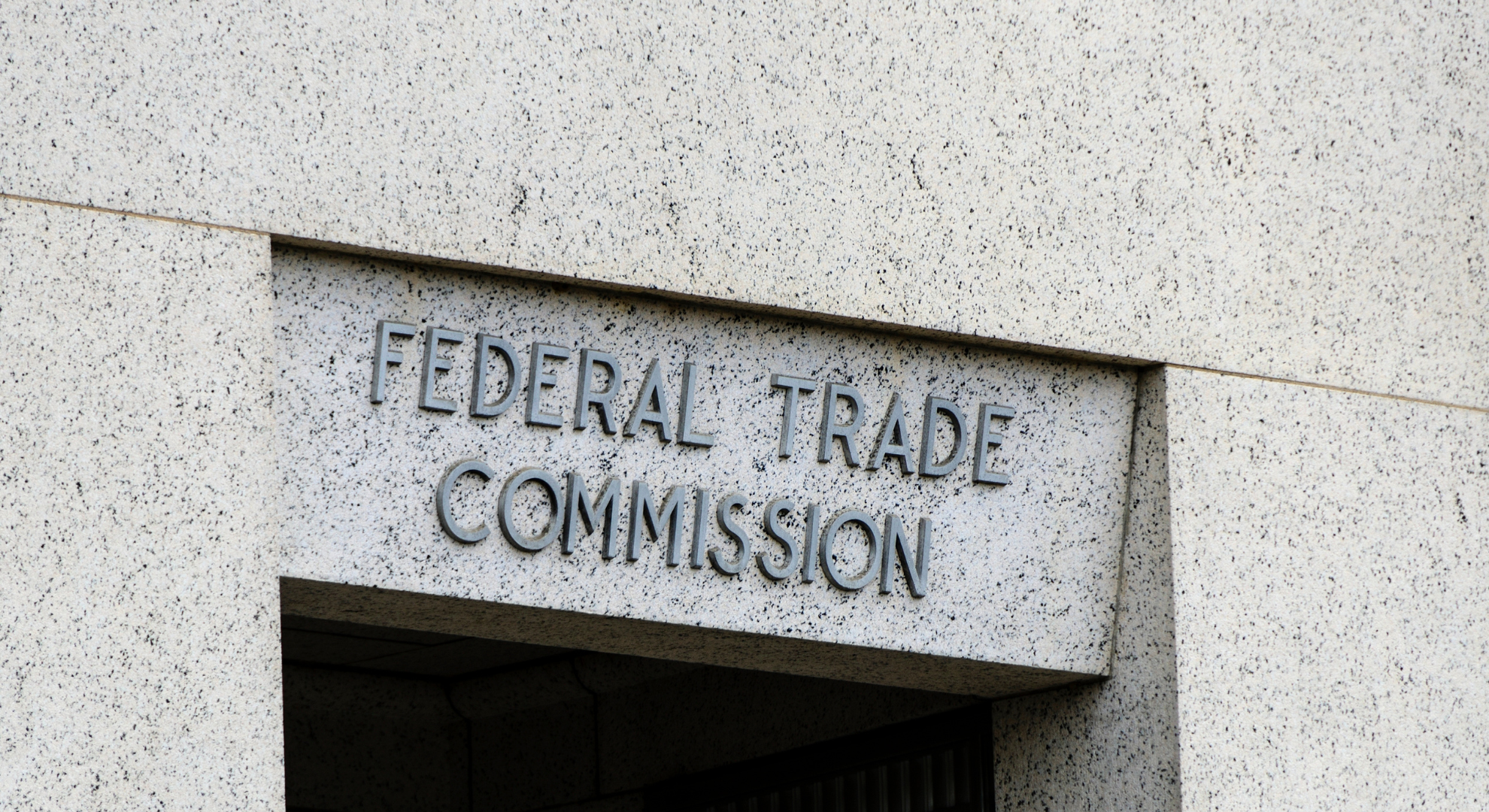
FTC imposes a massive $300 million fine on an international robocalling network for a widespread scam operation.
The FTC fined an international network of companies nearly $300 million for engaging in a massive robocalling operation that bombarded over half a billion phone numbers with five billion calls throughout 2021. Scammers managed to make an average of 600 calls per second during one quarter of the year.
This multinational business operated under various names, such as Sumco Panama, Virtual Telecom, Davis Telecom, Geist Telecom, Fugle Telecom, Tech Direct, Mobi Telecom, and Posting Express, and has been found guilty of several violations. According to the FTC, they made pre-recorded voice calls to mobile phones without consent, failed to identify themselves at the beginning of the calls, and did not provide a callback number. The callers also used misleading caller ID information to deceive consumers and prompt them to answer the calls, violating spoofing laws.
The robocallers’ primary objective was to sell vehicle contracts under false pretenses of offering warranties. This elaborate scheme had been targeting victims since at least 2018. However, the FCC intervened in the past year, directing US-based voice service providers to stop carrying traffic associated with certain members of the enterprise, resulting in a 99% reduction in these illegal auto warranty robocalls the Ftc said.
Robocalling allows criminals to exploit millions of potential victims using artificial intelligence and automation. Despite the low success rate per call, the financial gains for criminals can be substantial, making it an attractive method for fraud. The scale of robocalling is enormous, with billions of robocalls made monthly in the US alone. According to Robokiller, a robocall security firm, the estimated losses from robocalling scams in 2022 reached $65 billion, a staggering amount.
Related stories:

